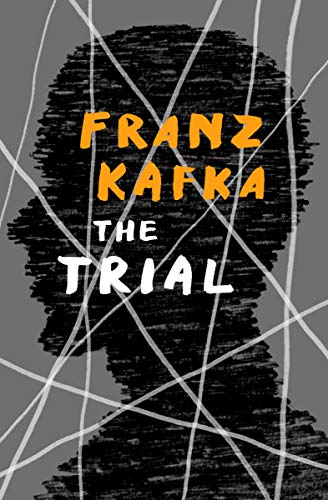Introverted, genius and owner of a somewhat pessimistic narrative. These are some characteristics to describe the writer Franz Kafka, known mainly for the works The Trial, The Castle and The Metamorphosis (among the famous indications of books to read in a day).
Born in 1883, in Prague, Czech Republic, Kafka is considered by critics as one of the most influential German-language authors of the 20th century. He took inspiration from the bureaucratic side of the profession.

One of his works in which this is evident is The Trial, a must-read for students and enthusiasts in the field. As the theme suggests, the book does not provide an easy reading, not so much for the writing itself, but for the facts explored.
In the novel, the author follows the life of banker Josef K, who was sued without knowing why. In an attempt to unravel the situation, the character fights for his rights, using several people.
The purpose of the work is to reflect on the vulnerability and slowness of the judicial system. In other words, this is one of the reasons for the good evaluation of the book, which manages to maintain a current parallel with the current reality.
Without prejudice to reading, The Trial is one of the unfinished books published after his death at 40 years of age. Kafka's wish was that all the manuscripts be destroyed, but his friend Max Brod did not keep his promise.
The writer began to gain notoriety during World War II, from the 1960s onwards, he became known worldwide.
In 2014, Prague won a 45-ton cinematic monument with the writer's face. The building by Czech artist David Černý is located next to the building where Kafka used to work.